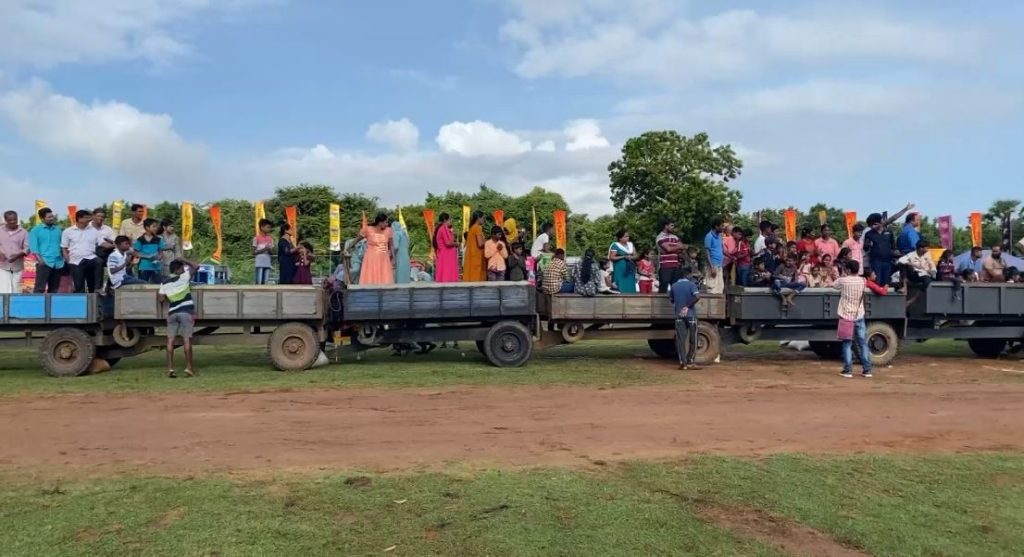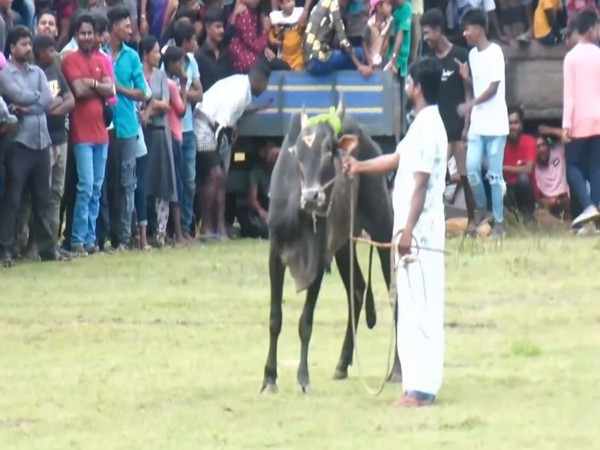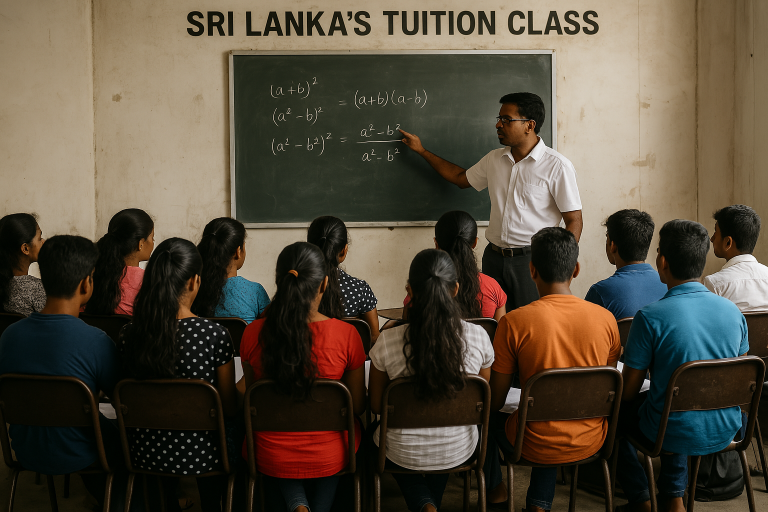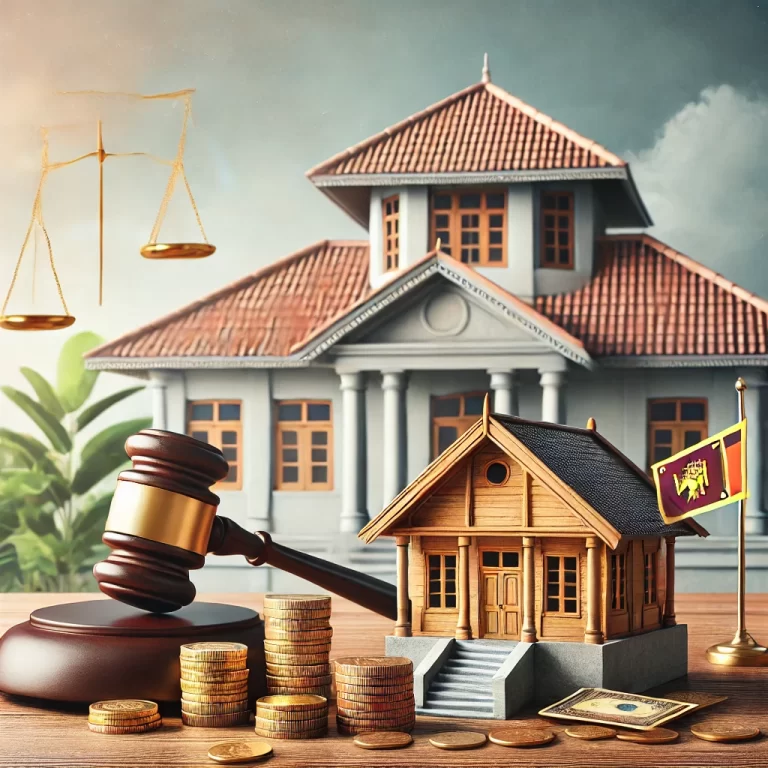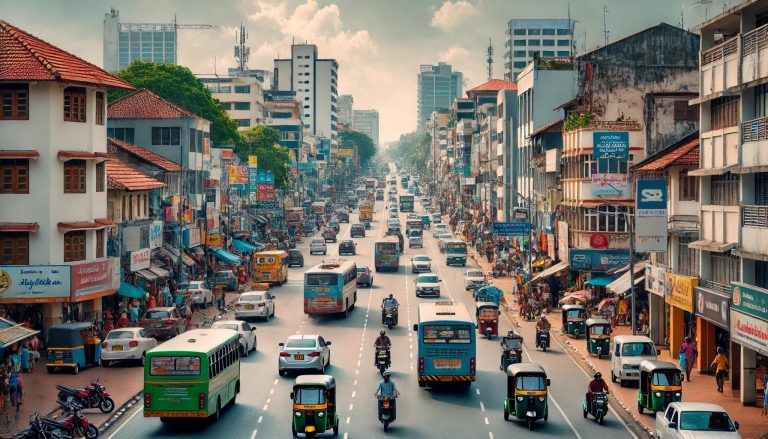While traditional Jallikattu roars back to life in Tamil Nadu, history is being made across the Palk Strait. Sri Lanka, for the first time, is hosting its own bull-taming spectacle in Trincomalee, a testament to the shared heritage between the two regions.
Over 200 bulls and 100 skilled tamers took centre stage on January 6 morning in the Sampur area, their spirited display echoing the festive fervor of Pongal celebrations, reported Hindustan Times news desk. Leading the charge, Governor of the Eastern Province, Senthil Thonadaman, whose roots lie deep in the cultural soil of Jallikattu, played a pivotal role in bringing this age-old tradition to Sri Lankan shores. Senthil Thondaman hails from Tamil Nadu’s Sivagangai district.
Thonadaman and Malaysia’s member of parliament Saravanan Murugan flagged off the Jallikattu event at the ground in the Sampur area of Trincomalee.
“This is about showcasing the rich tapestry we share with Tamil Nadu,” shared Thonadaman, his pride echoing in his voice. “We’re reviving cultural events like Rekla races, silambam fights, and boat races alongside Jallikattu, reminding everyone of the strong bonds that unite us.”
For Thonadaman, this isn’t just a sporting event; it’s a bridge that connects generations and communities. It’s a celebration of courage, skill, and deep respect for the majestic bulls at the heart of the tradition.
However, the echoes of Jallikattu aren’t without whispers of controversy. Animal welfare concerns have plagued the sport in recent years, sparking debates about ethical boundaries and the well-being of the participants. Critics raise valid concerns about potential harm and stress inflicted on the bulls, a point that cannot be ignored.
But here’s where Thonadaman’s vision takes centre stage. He emphasizes ensuring the safety of both participants and animals, adhering to regulations established in Tamil Nadu that prioritize responsible execution of the sport.
Sri Lanka’s first Jallikattu is more than just a spectacle; it’s a platform for dialogue, understanding, and responsible cultural revival. It’s a chance to honour heritage while ensuring the well-being of all involved.
As the echoes of hooves and cheers settle, what remains is a sense of anticipation. Will Sri Lanka forge its own path for Jallikattu, one that celebrates tradition while embracing ethical considerations? The answer lies in the hands of leaders like Thonadaman and the collective commitment to responsible cultural preservation.
